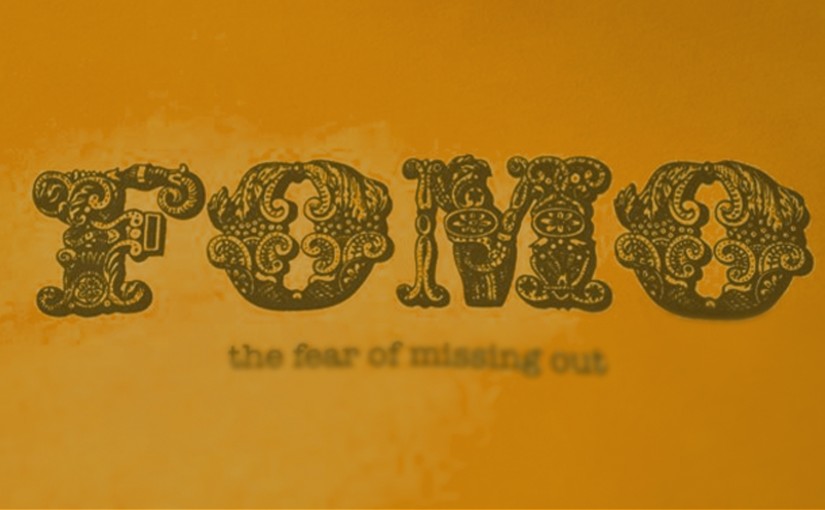Drop us a few lines about the task and we will get back immediately to see we how we can take the discussion forward. Alternately, just pick up the phone and speak with us at +91 9910034330 and we would be happy to help.
- - Do tell us a little about the nature of your business.
- - Be specific about what you’d like us to help you with.
- - Knowing your budget always helps us plan a suitable intervention.
- Blog
The basics of formal communication
-
The basics of formal communication
Conversation these days seem to be more textual than verbal. I write more than I talk (or so I would believe!). I have come to understand that ‘writing’ is no longer a skill set that only an author/journalist must possess. Writing is just another form of expression like art and dance; some do it well and some not so well. But there’s hardly any escape from writing. You are always typing emails, or sending text messages or updating your Facebook status messages. An important aspect of writing is tone. In my short career at Blogworks I have seen ‘tone’ playing an extremely important role. Be it day-to-day conversations or important documents and reports being prepared.
Tone is not sound level. It’s about the intended meaning of what one is trying to say. One might be in a very calm mood, but his/her communication may suggest frustration and unhappiness. Here are some of my key takeaways from friends and colleagues who have taught me to get my tone right in context of formal communication.
- Start on a positive note – your mood will subconsciously affect the person you are addressing.
- Be genuine – the necessary formalities that we use in our daily emails very often sound mechanical. Find a way to make informal emails friendly yet courteous.
- Refrain from using ‘I’- ‘we’ gives a sense of shared responsibility
- Make your point confidently – ‘we think’, ‘maybe’ gives a sense of uncertainty while ‘we suggest’, ‘we recommend’ sounds confident.
- Apologise when you’re at fault – there’s no shame in accepting a mistake.
- Don’t be in a hurry – proofread emails before you hastily click the ‘send’ button.
- If you are having a bad day, don’t write. If you do, get someone else to read it first.
- Ask questions – you may not always have all the answers.
- ‘Share’ is a word with positive connotation. Use it generously
- Know the meaning of every word that you write, even if you think it fits the bill. So when I once wrote ‘social media is a platform’. I was asked the definition of platform and I didn’t know!
These might seem like the most obvious and natural things to follow, but work proved otherwise. Do you think that your tone really matters? Do ‘share’ ;)
Disclaimer: Views of authors are personal and do not represent the views of Blogworks, or any of its clients.
-
Contact
conversations@blogworks.in
+91-9910034330 -
Newsletter
-
Social

























